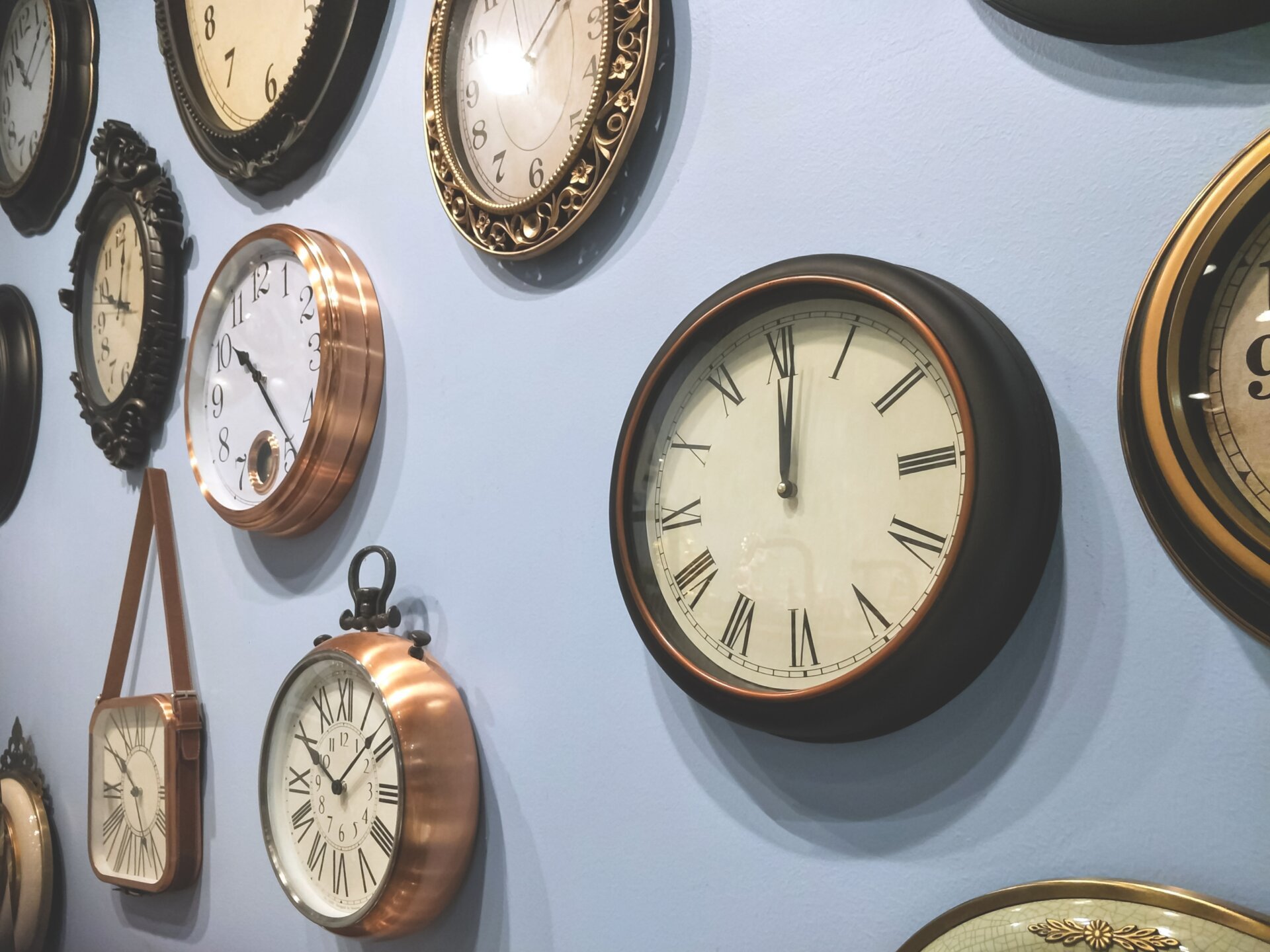Time: 2024-07-22

A recent study by a team of researchers at the University of Nevada , Las Vegas ( UNLV ) sheds light on how the brain perceives time . The study , published in the peer - reviewed journal Current Biology , suggests that our perception of time is not based on minutes or hours , but rather on the number of experiences we have . Lead author James Hyman , an associate professor of psychology at UNLV , explains that our brains do not function like clocks and that the passage of time is influenced by the activities we engage in.
The research focused on analyzing changes in brain activity patterns in the anterior cingulate cortex ( ACC ) , a region of the brain responsible for monitoring activity and tracking experiences . By studying rodents performing repetitive tasks , the researchers found that the brain patterns remained consistent regardless of the speed at which the tasks were completed . This indicates that experiences , rather than time increments , play a crucial role in shaping our neuronal patterns.
The study 's findings suggest that the more activities we engage in , the faster time appears to pass . Hyman emphasized the importance of staying busy and experiencing new things to alter our perception of time . The research team 's observations also point to the practical applications of understanding how our brains perceive time in coping with unpleasant situations or making the most of enjoyable experiences.
Hyman believes that the study 's insights can be utilized in everyday life to manage emotions and cognitive processes . By recognizing that our brains track time through experiences , individuals can make conscious choices to influence their perception of time . For instance , if faced with an unpleasant situation , the advice is to engage in new activities or expose oneself to different stimuli to shift focus and alter the perception of time.
Conversely , during positive experiences , such as spending time with friends , slowing down and embracing the moment can help elongate the perception of time . By understanding the relationship between brain activity and time perception , individuals can learn to navigate their emotions and cognitive responses more effectively.
The study 's focus on the ACC , a region of the brain implicated in various psychiatric and neurodegenerative disorders , highlights the potential implications for conditions like Alzheimer 's disease , PTSD , and addiction . Further research is needed to explore the full extent of these findings and their impact on memory processes in daily life.
In conclusion , the UNLV study provides valuable insights into how our brains perceive time based on experiences rather than clock time . By recognizing the role of activities in shaping our perception of time , individuals can make informed decisions to enhance their cognitive processes and emotional well - being.